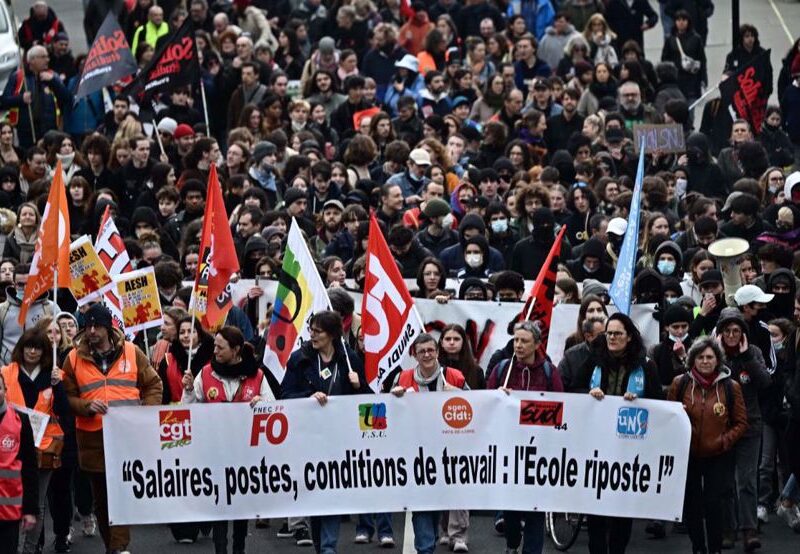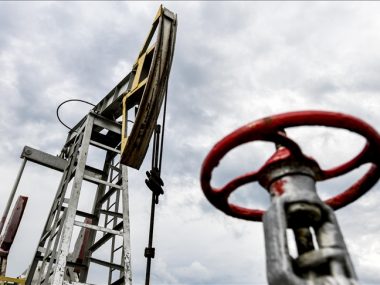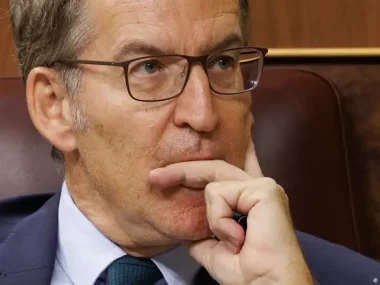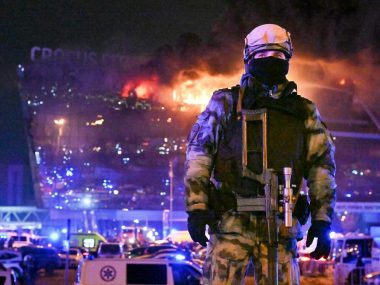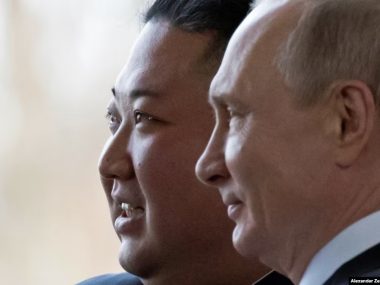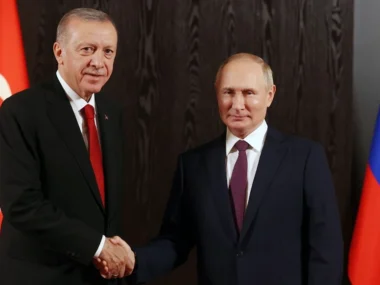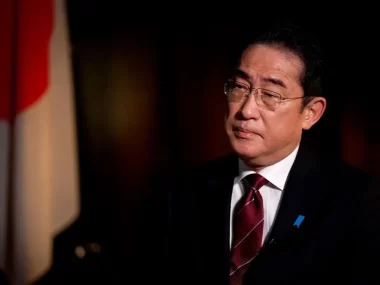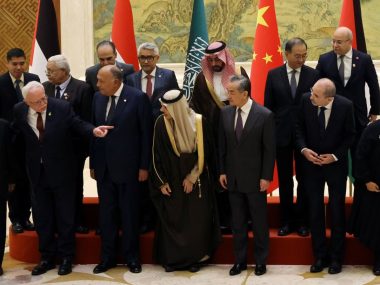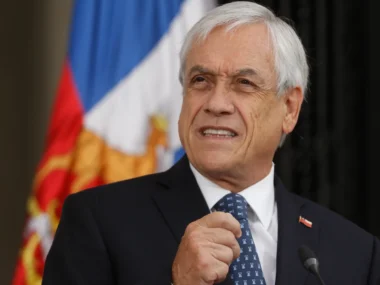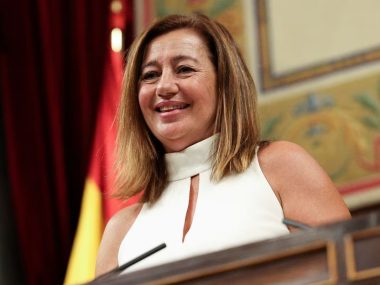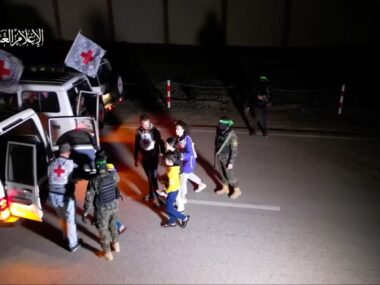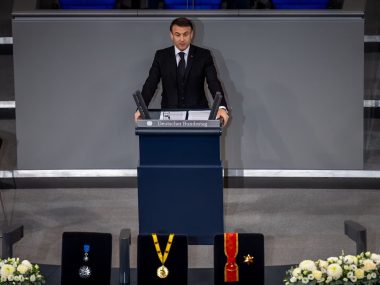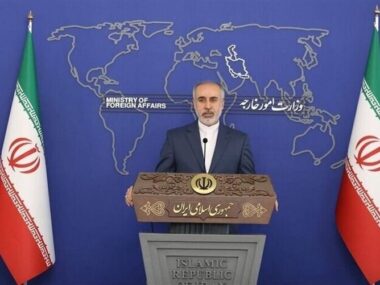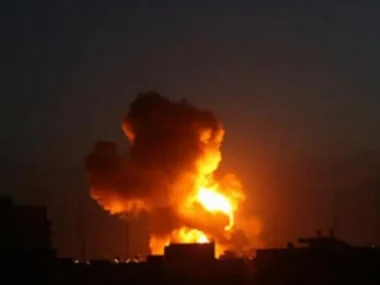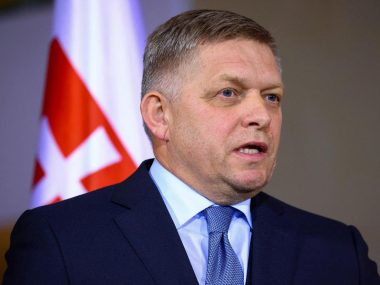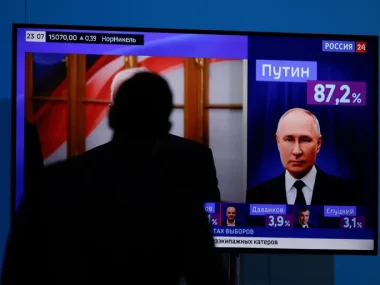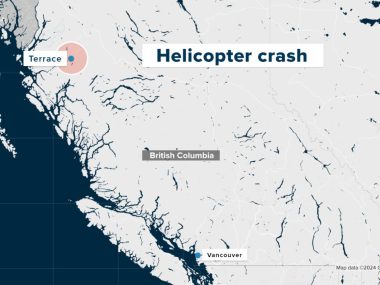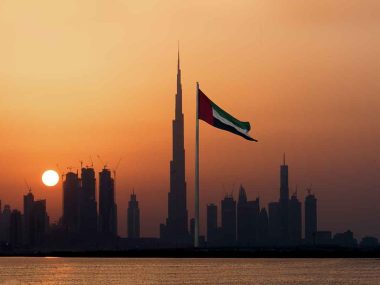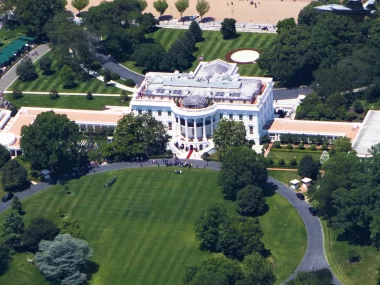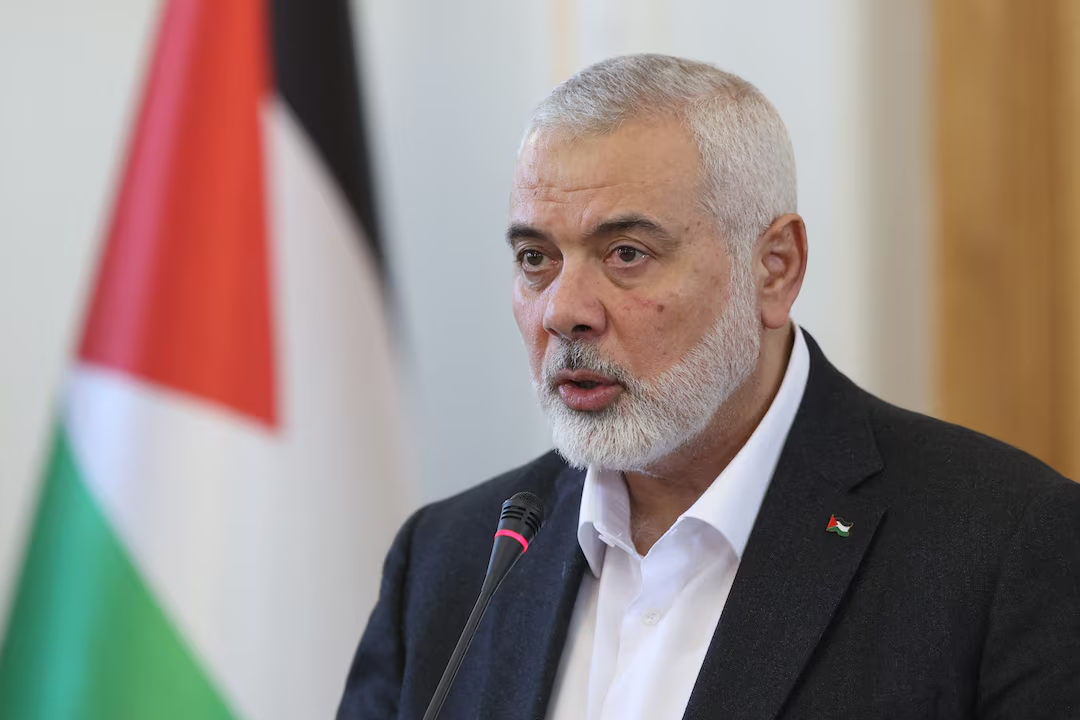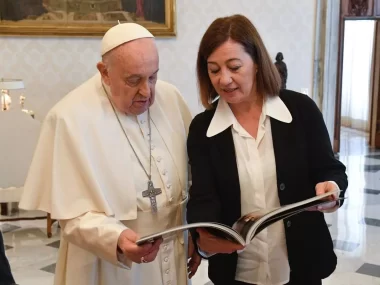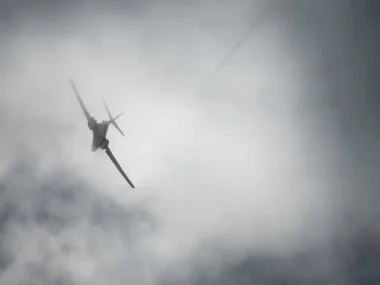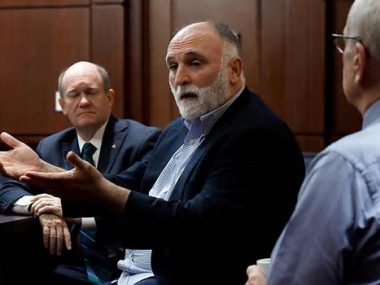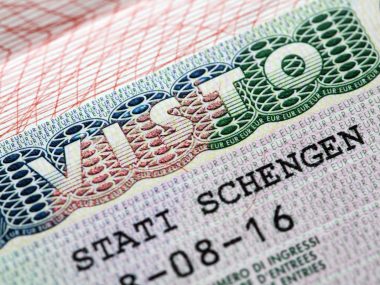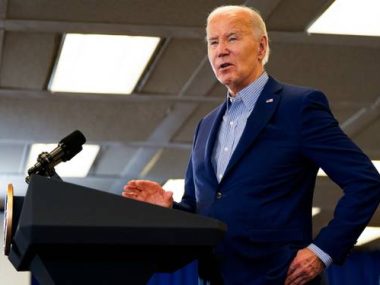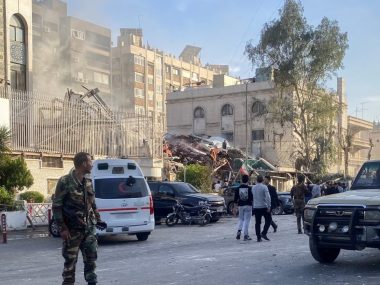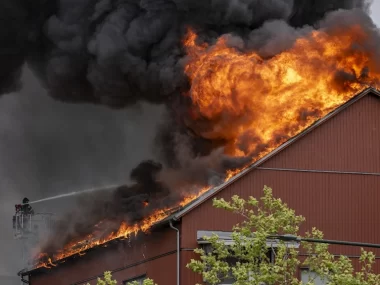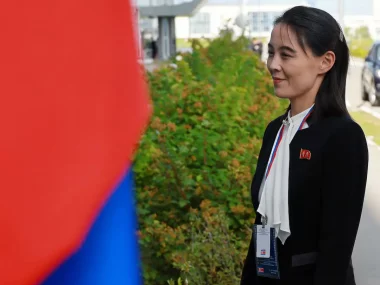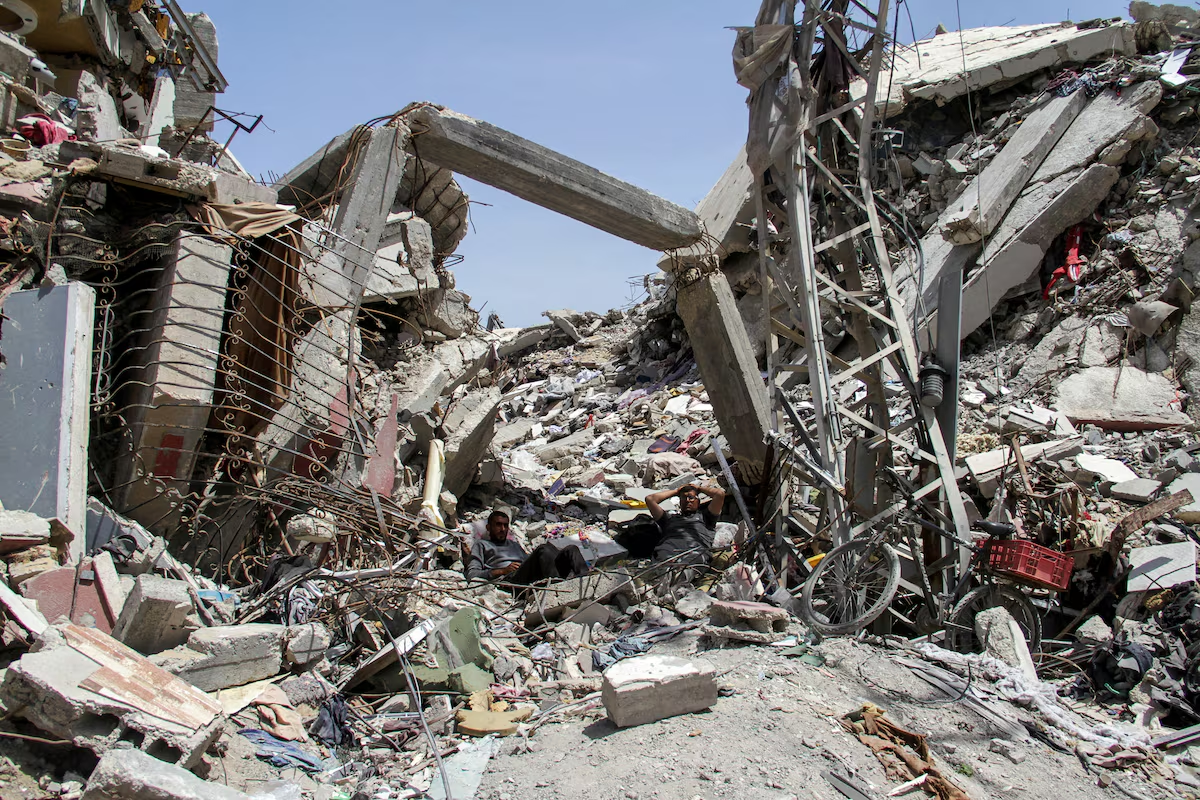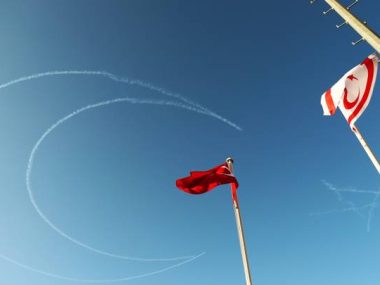|
Neubauer Coporation
Getting your Trinity Audio player ready...
|
Farmers Strike
Across Europe, tens of thousands of farmers have downed tools, mounted their tractors and taken to the streets.
They were already struggling with the cost of living crisis and they have now come out in force to air their grievances, from the European Union’s sustainability policies to the effects of the war in Ukraine.
In France, farmers have blocked large stretches of motorways, creating a crisis for new Prime Minister Gabriel Attal, who travelled to a farm in the south-west to offer a string of measures in a bid to soothe their frustration.
Some of their concerns, such as burgeoning bureaucracy, have a national character; others point to wider issues, including the increasing cost of farm diesel, late payment of EU subsidies, or competition from imports.
Farmers say it is a fight for survival and they won’t stop now.

Earlier this week a young farmer, Alexandra Sonac, and her 12-year-old daughter were killed when a car crashed into a farmers’ roadblock south of Toulouse. Only the day before, Ms Sonac told French radio she was joining the protests to “defend her profession” and look after her daughters.
Protests have also spiralled across much of Germany, although they have a primarily national character. Farmers are angry with the phasing out of tax breaks on agricultural diesel, which they say would lead them to bankruptcy.
But, across Europe, discontent is often fuelled by anger with EU policies.
The agricultural sector has always viewed with suspicion measures brought in by the EU to revamp its €55bn (£47bn) Common Agricultural Policy (CAP) and make it more sustainable. More than 70% of that money is spent on direct payments to farmers as a safety net.
The revamp includes an obligation to devote at least 4% of arable land to non-productive features, as well as a requirement to carry out crop rotations and reduce fertiliser use by at least 20%.
Many farmers have long argued these measures will make the European agricultural sector less competitive against imports.

They are also worried that inflation has dramatically reduced the value of their direct payments.
“Farmers are having to do much more… with less support,” Luc Vernet of Brussels-based think tank Farm Europe told the BBC. “They don’t see how they can cope any longer.”
In some countries, the protests are nothing new.
Demonstrations first broke out in the Netherlands in 2019 over government demands that livestock production be halved in order to reduce nitrogen oxide emissions.
And Brussels residents have long been used to farmers entering the city’s European quarter to spray buildings with milk or fill the streets with cattle in protest at EU agricultural regulations.
Now, though, the ripple effect of war in Ukraine has brought protests to almost every corner of Europe.

Russia’s full-scale invasion of Ukraine in February 2022 all but blocked off trade routes in the Black Sea. The EU stepped in by temporarily lifting restrictions on imports from Ukraine – allowing its agricultural produce to flood European markets.
The playing field was never going to be even: an average Ukrainian organic farm is about 1,000 hectares (2,471 acres); its European equivalents measure on average only 41 hectares.
Prices in neighbouring countries such as Hungary, Poland and Romania were suddenly pushed down, and local farmers were left unable to sell their crops.
By spring 2023, tractors were blocking the same Polish roads that had been lined with volunteers welcoming Ukrainians refugees a year before.
The EU soon imposed trade restrictions on Ukraine’s exports to its neighbours, but only for a limited period. When the ban expired, the governments in Budapest, Warsaw and Bratislava announced their own restrictions.
Ukraine promptly filed a lawsuit; relations soured and compassion for a country defending itself from Russia’s invasion took a backseat.
Back in #Brussels. We will stand up for the voice of the people! Even if the bureaucrats in Brussels blackmail us. #FarmerProtests pic.twitter.com/9Zws6ek9Hc
— Orbán Viktor (@PM_ViktorOrban) January 31, 2024
Now, Eastern European countries are demanding the EU definitively revises its trade liberalisation measures with Ukraine.
In Romania, where farmers and hauliers have been protesting against the high price of diesel, insurance rates and EU measures, as well as competition from Ukraine, news outlet Kronika said this month that the EU letting in cheap Ukrainian goods was “like a non-swimmer trying to save a drowning person. They both drown”.
In Poland, farmers kicked off a nationwide protest on 24 January against Ukrainian agricultural imports.
“Ukrainian grain should go where it belongs, to the Asian or African markets, not to Europe,” said Adrian Wawrzyniak, a spokesperson for the Polish farmers’ trade union, told Polish media. Similar sentiments are being echoed in Slovakia and Hungary.
Southern Europe has so far been spared the brunt of the protests, but things may change soon. Christiane Lambert, the president of the Committee of Professional Agricultural Organizations (COPA), Europe’s leading farmers’ union, has predicted that Italian and Spanish farmers will soon stage their own protests.
They are unaffected by the war in Ukraine, but are vulnerable to climate change, as the Spanish and Portuguese governments consider emergency restrictions on water usage in some regions because of intense drought.
In Sicily this week, farmers blocked roads in protest at the regional government, which they say has failed to compensate them for last summer’s prolonged, intense heatwave and drought. “We’re on our knees, the drought has halved our harvest,” farmer Giuseppe Gulli told Rai News. He also accused the EU of helping “big corporations”.
With European elections around the corner in June, Eurosceptic parties are finding a voice.
Jordan Bardella of France’s National Rally has been spotted among protesters; the far-right Alternative for Germany (AfD) has sought to champion the farmers’ cause too.
But Mr Vernet batted off these concerns: “Farmers are not extremists. In fact, farmers in Europe are the first Europeans, because they’re the ones who know best how important Europe is for them.”
In Germany, ministers have scrambled to water down the proposals to end farmers’ tax breaks on agricultural diesel that had caused uproar.
The change is now set to be phased in over time – but farmers want the subsidy cuts scrapped in full. “Everything that has been announced so far has further increased the farmers’ anger instead of calming it down,” said German Farmers’ Association President Joachim Rukwied.
Poland’s Prime Minister Donald Tusk has promised to meet Ukrainian representatives in early March to come to a deal to regulate the transit and export of products.
The EU appears to have already taken note.
European Commission President Ursula von der Leyen has admitted “there is an increasing division and polarisation”, and has launched a “strategic dialogue” between agriculture groups and EU decision-makers.
The language is self-reflective, but also vague. And for farmers across Europe who feel forgotten, betrayed or unable to feed their families, it is unlikely to be enough.
Teachers Strike
Several thousand teachers have taken to the street in Paris from Place Edmond Rostand, in the 6th arrondissement, to reach the National Education Ministry.

Sending “a warning to the government that remains deaf,” protesters on Thursday denounced the lack of interest and the way public schools are treated and the low wages of teachers.
There have been also criticisms against Education Minister Amelie Oudea-Castera when she claimed she had put her children into a private school because of “loads of hours with no proper replacement teacher” at her son’s public primary school.
Mathieu Moreau, a professor and secretary of the union CGT Educ’action 95, told Anadolu that he denounced the choice of “a part-time minister,” describing Oudea-Castera as “disconnected from reality.”
Also a former junior tennis champion, the new minister was handed the education brief on top of her sports portfolio earlier this month, just months before the Paris Olympics.

“It’s been more than 10 years since I last demonstrated for my job. In the last few weeks, this has been the straw that broke the camel’s back for me. I want people to respect my profession,” Elodie, a teacher in Paris told Anadolu.
“The head of the establishment in the public schools does not have the power to replace absent teachers, even if it is a legitimate absence. And I think no woman in France would want to have her maternity leave taken away and deprived of her right,” she said.
“After all, we must understand that teachers are not robots, they have the right to be well paid and to be absent because they have maternity or paternity leave or simply because they are sick,” Elodie added.
The secondary school union FSU-SNUipp said 65% of teachers in Parisian schools were on strike and at least 130 schools were completely closed on the day of the mobilization on Thursday.

This has been the strongest mobilization since protests against former Education Minister Jean-Michel Blanquer in 2022.
Taxis Union Strikes
Taxi and VTC drivers are planning protests and strikes in several cities February 1. The purpose of the action is to denounce new contractual rules requiring taxis to provide free transportation to medical patients. Organizers have announced plans for demonstrations in Le Havre, Rouen, and Montpellier on February 7, as well as in Marseille on February 3, however, no details concerning specific locations or start times have as yet been released.
Organizers have released details plans for the following demonstrations:
- Lyon: Two columns of taxis will form at Matmut State de Gerland (Avenue Jean Jaures) and Porte de Lyon in Dadilly at 08:00. Both processions will proceed to the Caisse primaire d’assurances maladie (CPAM) office (Cr. Emile Zola) for a rally, but traveling together to the Auverne-Rhone-Alps Regional Health Agency (Rue Garibaldi) and the Rhone Prefecture building (Cr. de la Liberte).
- Reims: Participants will gather at the CPAM building (Rue du Ruisselet) at before 09:30 proceeding to Hotel de la Sous-Prefecture de Reims (Pl. Royale).
- Toulouse: Participants will demonstrate in the area of Toulouse-Blagnac Airport (TLS) from 06:30. Organizers indicate they plan to conduct a “total blockage” of the airport.
Heightened security and transport disruptions are likely in cities where protests and strikes take place. Spontaneous demonstrations are possible. Low-level confrontations between protesters and law enforcement officers or frustrated motorists cannot be ruled out. Rallies and go-slow convoy protests may occur in other major urban centers across France.

